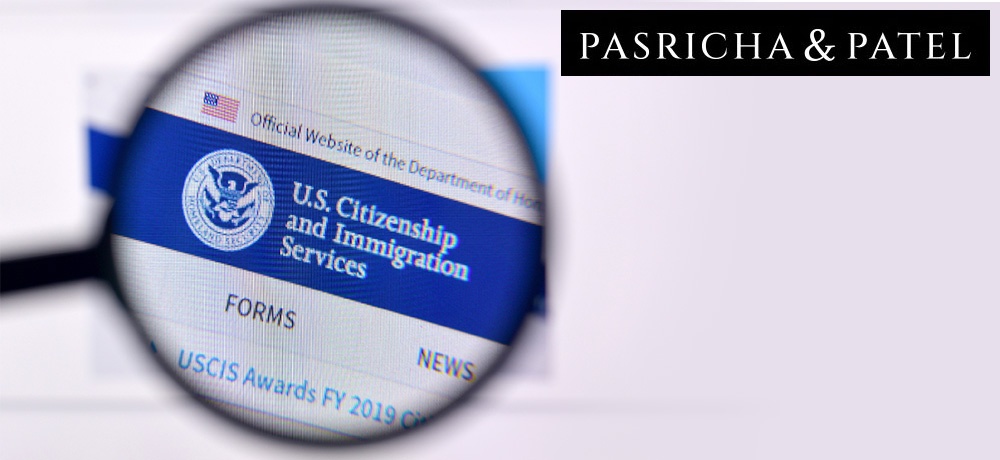
Exploring the Future of the H-1B Modernization Rule
Categories: Attorneys , Best US Immigration Attorney , Business Law , H-1B Visa , Investor Visa , Law Firm , Lawyers
The recent final rule issued by the United States Citizenship and Immigration Services (USCIS) is the beginning of a larger plan to modernize the H-1B visa program. The initial phases of this rule including the implementation of a more beneficiary centric process for H-1B registrations, flexibility of start date for certain H-1B cap-subject petitions, and additional integrity measures will take effect on March 4, 2024. However, there are additional proposed adjustments and advancements to the proposed rules that USCIS will be announcing in the near future.
- Redefined Specialty Occupation: This rule will redefine what qualities as an H-1B specialty occupation. It is likely to involve recognizing roles that that may not require a bachelor’s degree and considering degrees from a broader array of relevant fields.
- Deference Policy: USCIS is expected to formalize its practice of giving deference to previous H-1B approvals. This move would provide employers with more confidence when extending an employee's H-1B status, as long as there have not been significant changes in the employee's circumstances.
- H-1B Employment: USCIS plans to establish clearer guidelines for proving the legitimacy of an H-1B job offer. This may include removing the requirement for itineraries and ensuring that petitioners and employers have a legal presence in the U.S.
- F-1 Cap-Gap Protection: USCIS is considering extending cap-gap protection for F-1 students waiting for H-1B status changes. This extension may provide additional time and work authorization to avoid gaps in their status.
- H-1B Amendments: USCIS intends to clarify the requirement for employers to file H-1B amendments in cases of significant changes in the worker's employment location. This would ensure that amendments are filed before changes occur, with some exceptions for minor location changes.
Future phases of the H-1B modernization rule will address various topics, including eligibility for business owners seeking H-1B status, improvements to site visit programs, and measures to address delays in petition adjudications. These reforms will surely impact the immigration process for all stakeholders involved. However, currently the Department of Homeland Security (DHS) has not yet finalized these additional provisions. As this is an on-going matter, we encourage readers to check our website regularly for further developments.